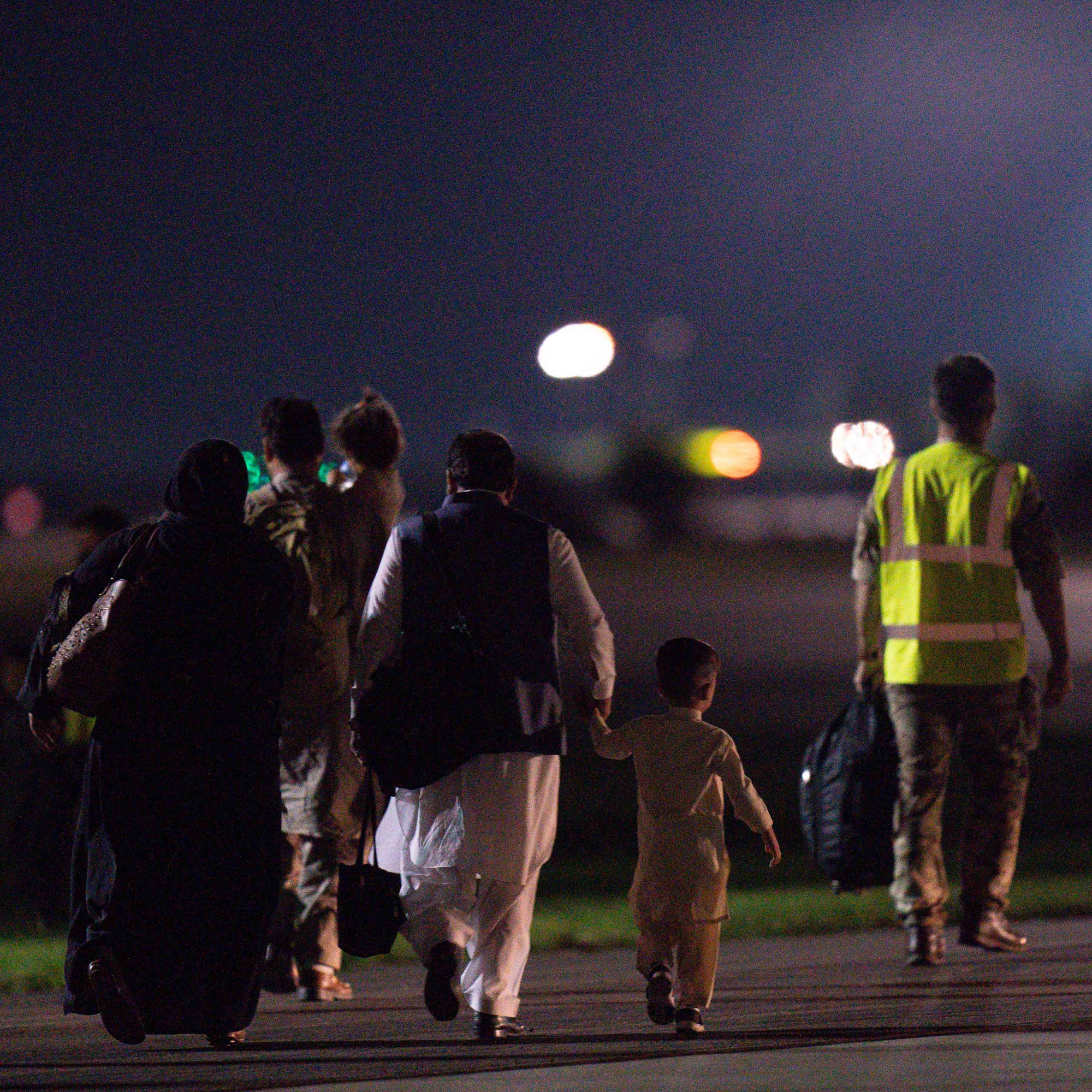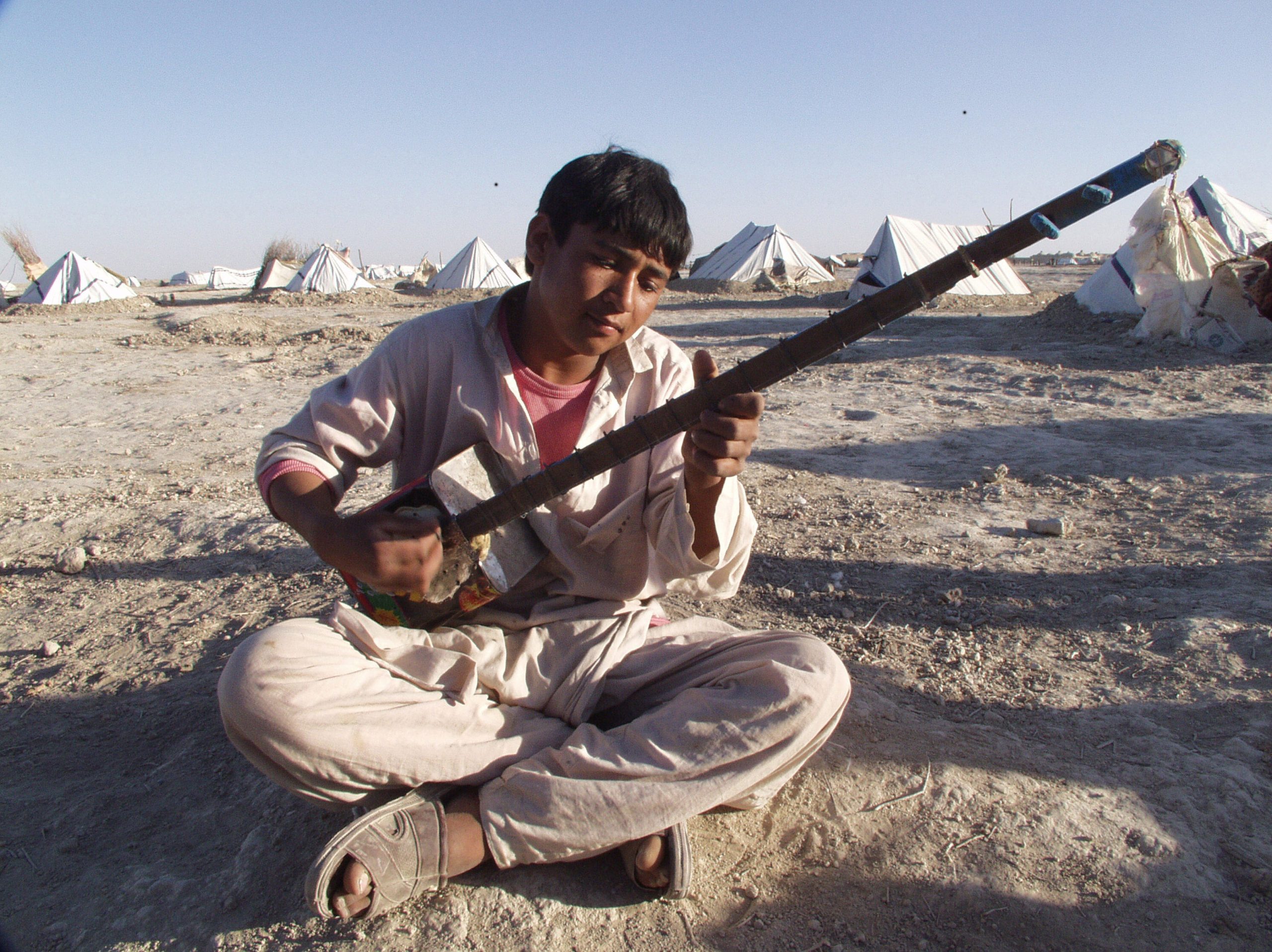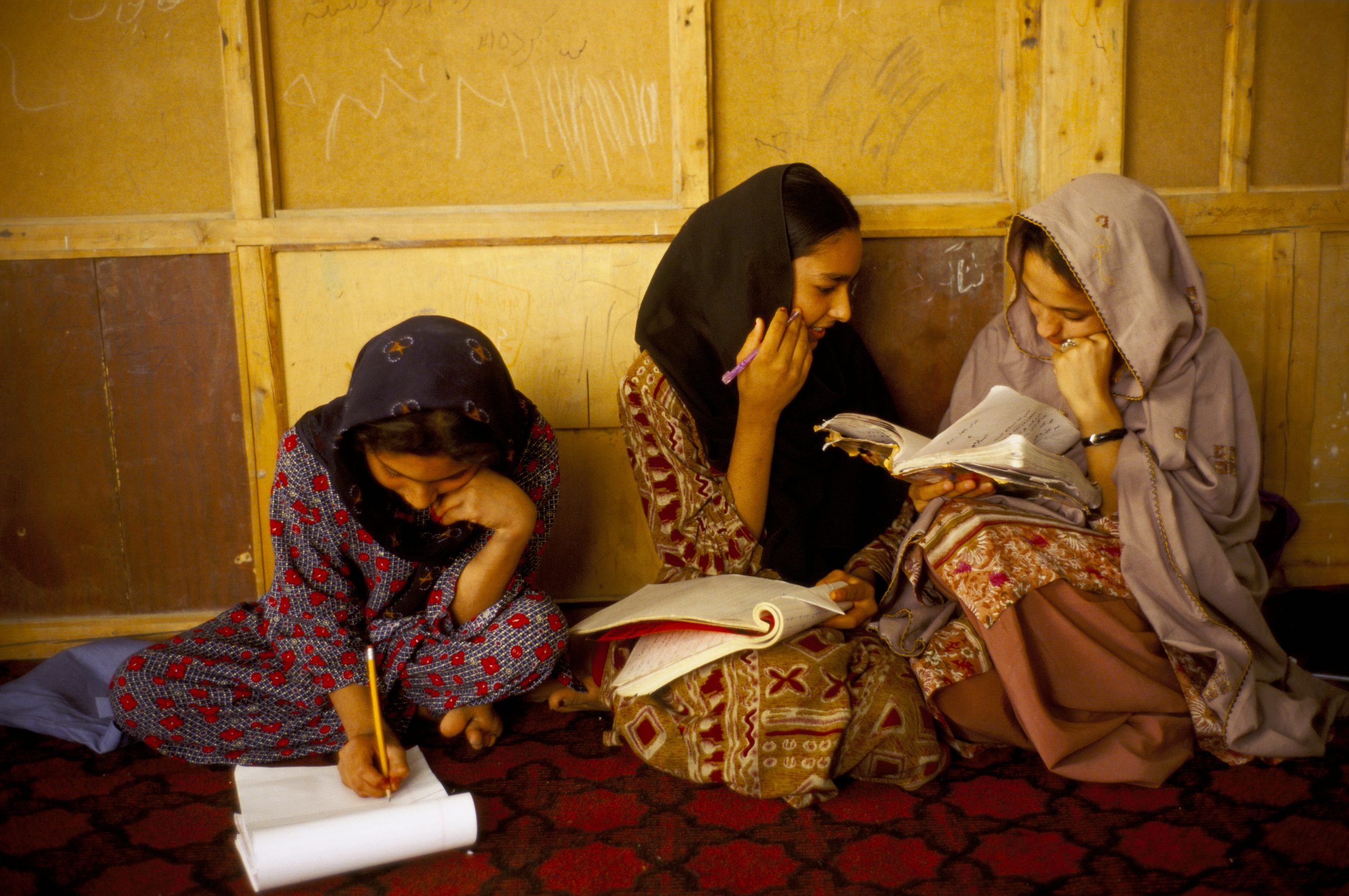[vc_row][vc_column][vc_single_image image=”117302″ img_size=”full” add_caption=”yes”][vc_column_text]Yesterday I met with my local Afghani community. I left in tears. Their stories of heartbreak, of worry for their friends and families and their guilt at being safe in the UK while their loved ones hid in fear was heart-wrenching. Their distress at not being able to get money for food to their family.
These are the people behind the news. The real stories of the impact of the fall of Kabul and the rise of the Taliban. The devastating accounts of people whose lives have changed in a matter of days beyond all recognition. For every person successfully fleeing the Taliban, hundreds are left at their mercy. Women and girls who have been allowed an education and a career for the last two decades. Aid workers who bravely sought to work with global institutions to rebuild their country and a century of conflict. Journalists and activists who strove to make their country better by doing what civil society does – speak truth to power. All now vulnerable because they were brave and wanted to make their country a better place. All now targets of the Taliban.
We have all watched in despair at the news as desperate people have sought assistance to flee the Taliban, a repressive regime that recognises none of the liberal democratic values Index on Censorship was established to promote and defend. A regime that will quash artistic expression, that will destroy artwork, that will treat women and religious minorities as second-class citizens, that will allow no free media, that will seek to not just silence dissent but kill it.
Twenty years ago, in response to one of the worst terror attacks in my lifetime, NATO powers entered Afghanistan to tackle al-Qaida. We made promises to the people of Afghanistan and we offered them hope for a better life. Our actions over the last 18 months, compounded in the last two weeks, show that we have ignored those promises.
There are too many journalists left behind who have deleted their life’s work in the hope that they won’t be targeted. Too many women who were promised a better life, who trained to be doctors and judges and journalists, who will now be in hiding – told to stay at home for their own safety. Too many artists who will leave in fear, who won’t be able to work, to express themselves, to tell their stories. Anybody who is even a little bit different will be a target for Taliban soldiers.
So, what can we do? What should we do? How can we help? Index and many other of its sister human rights organisations have been desperately trying to support people on the ground to get to safety. There are amazing charities who will support Afghani refugees when they get to a safe haven. This is the least we can do. But my fear isn’t today or tomorrow when the world’s media is reporting hourly on events – it’s what happens next week, next month, next year when the world is distracted by a new crisis – a new disaster. What happens to the people left behind then – when the Taliban think the world has moved on?
Index is working with people on the ground, who are determined to stay, who want to both document the actions of the Taliban and try and protect at least an element of free speech. In the coming weeks we’ll report back on this new work programme because we’ll need your help.
But for now, we watch on in horror and heartbreak.
Postscript
As I am writing, reports of terror attacks on Kabul airport and the Baron Hotel started to emerge. My thoughts and prayers are with everyone affected and the brave military and civilian personnel who are doing everything they can, at huge risk, to save as many people as possible.[/vc_column_text][/vc_column][/vc_row][vc_row][vc_column][three_column_post title=”You may also want to read” category_id=”41669″][/vc_column][/vc_row]






